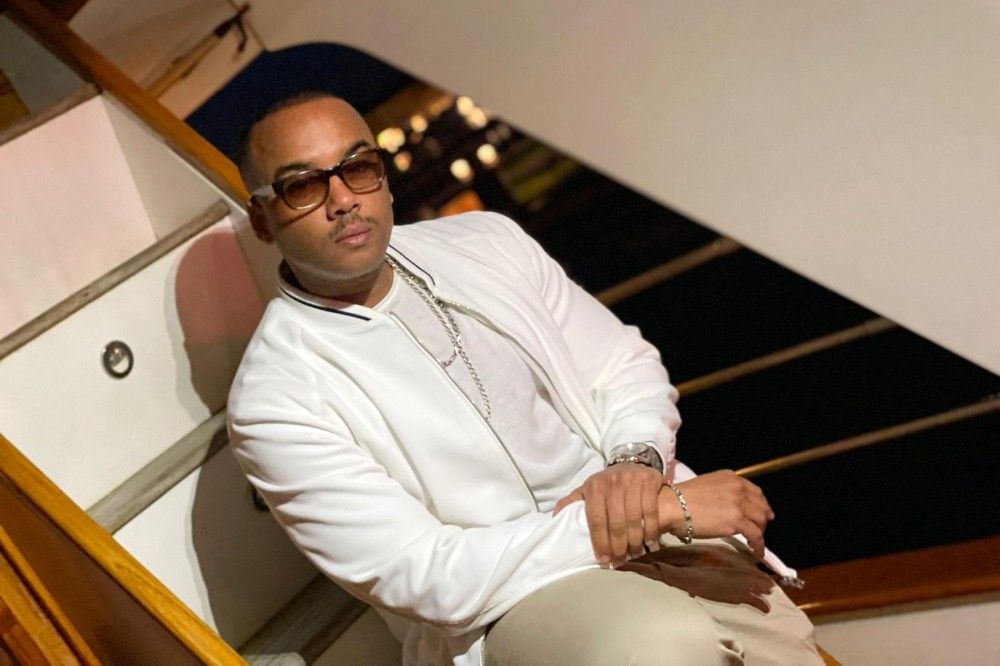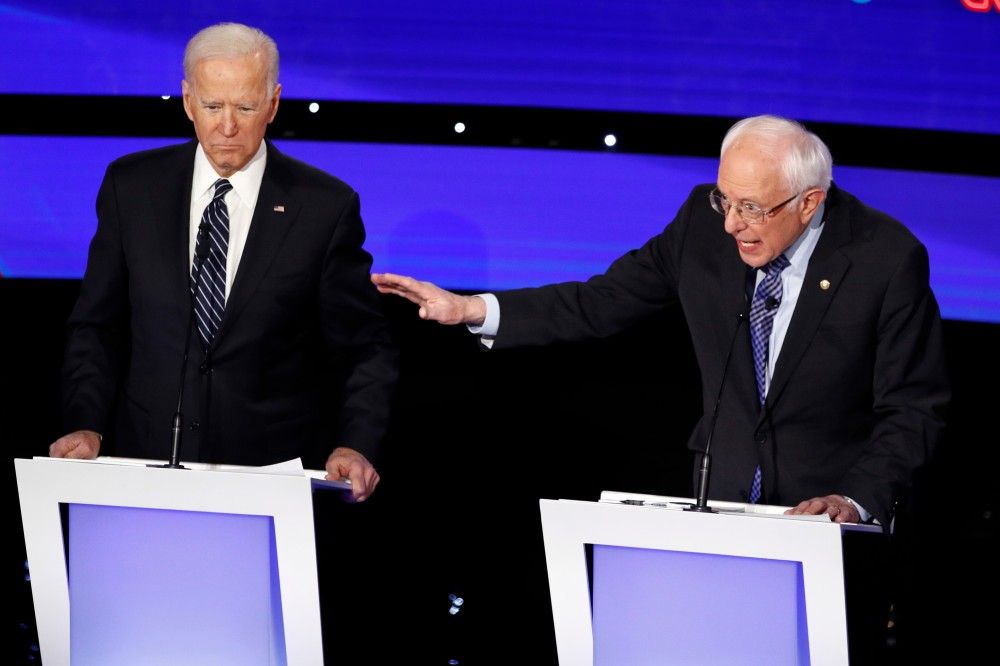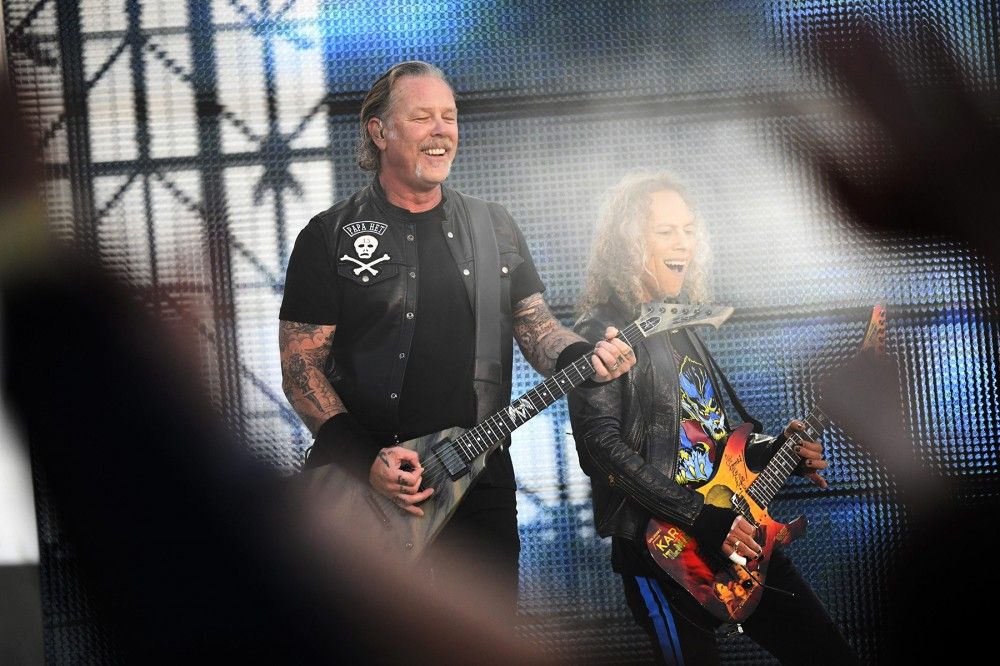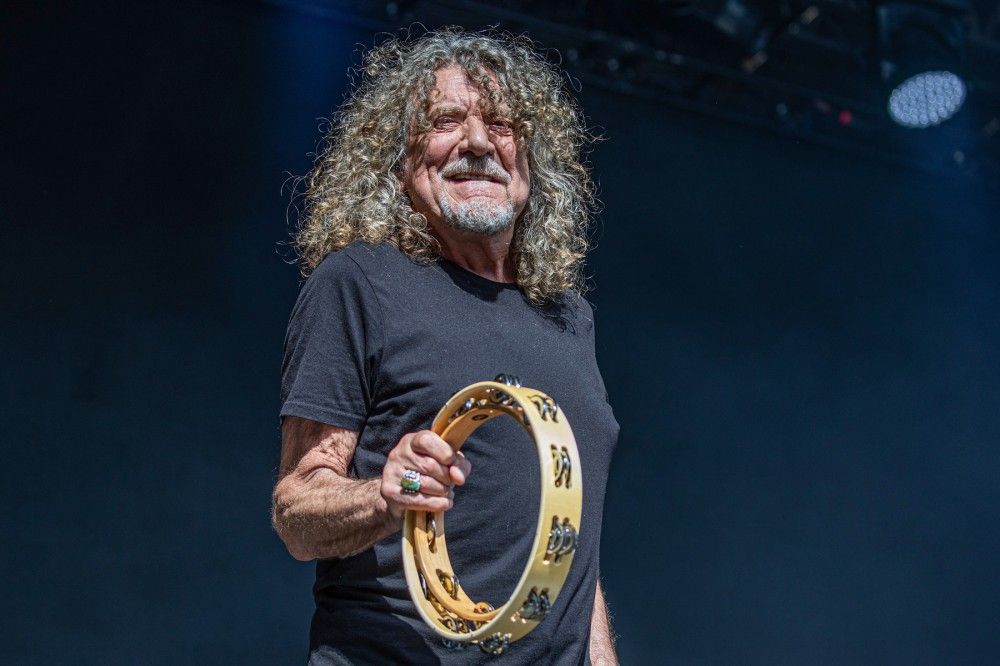
How One Music Producer Turned an 11-Year Prison Sentence Into a Mixtape to Help Inmates
Not long after Eric Abercrombie, who raps as Maserati E, arrived in San Quentin state in 2017, he witnessed a performance by another inmate named David Jassy. “His stage presence and delivery were nuts,” Abercrombie recalls. “I couldn’t understand one verse because it was in Swedish, but it was real hip-hop. That energy can’t be faked.”
Jassy had been a professional songwriter and producer before he was found guilty of second-degree murder. When Abercrombie spoke to him after his performance, the rapper discovered that Jassy was in the process of writing and recording an entire album in prison. Three days later, the two men were working together; one of their collaborations, “Break the Mold,” appears on San Quentin Mixtape Vol. 1, out Friday. Jassy sees the tape, which includes contributions from a slew of inmates as well as brief appearances from stars like J. Cole and Common, as “a real opportunity to change the narrative” around incarceration.
“If you want to stop crime you need to understand the people who did it,” Jassy says. “Their stories should be heard.”
“Being incarcerated causes people immediately to become stigmatized,” Abercrombie adds. “This can even that playing field a little bit and] create more understanding.”
Jassy spent years in a rap duo, the Navigators, in his native Sweden before transitioning to a role as a writer and producer. In 2008, he was in Los Angeles to work with Bloodshy and Avant, fellow Swedes best known for co-producing Britney Spears’ “Toxic,” and Ashley Tisdale, the actress who transitioned from High School Musical movies to recording a pair of albums for Warner Records. “I was going around and collaborating with different producers,” Jassy recalls. “One night, when I left the club, I got into an altercation with another man,” 55-year-old John Osnes.
The Los Angeles Times reported at the time that Osnes “struck the front of Jassy’s vehicle” when it edged into the crosswalk. In response, “Jassy, 34, allegedly got out of his car], punched Osnes, kicked him in the head when he stooped to recover his glasses and then ran over him with the vehicle.” Osnes was killed. Jassy’s legal team argued that the producer was acting in self-defense, but in 2010, he was convicted of second-degree murder and received a sentence of 15 years to life in prison.
Jassy cycled through two prisons before transferring to San Quentin in 2013 to be closer to the Swedish consulate in San Francisco. The prison had a media center with a stripped-down version of Pro Tools for making radio shows, but inmates weren’t allowed to make music. Still, Jassy set his mind to acquiring a keyboard. “I kept going around and asking for one,” he says. “Eventually I called a friend in Sweden and asked her to send a keyboard.”
The keyboard made it to San Quentin, where it was almost sent right back to Sweden. “An officer said, ‘They’re not allowed to have keyboards,’” Jassy tells Rolling Stone. His quick-thinking cellmate, who had been in prison for more than four decades, convinced the officer to allow Jassy to accept the instrument. “He said, ‘That’s my cellmate’s keyboard, he’s gonna teach me how to play piano,’” Jassy says.
“They may have come up rough, but they do have something to give back to society.” — David Jassy
Roughly half of San Quentin Mixtape Vol. 1 was made on that keyboard — once Jassy shook off the rust. “I had probably gone a good seven years without playing,” he says. “But it was pretty much back to normal after two months.” Then he started making beats in his cell, and other inmates stopped by to rap over his instrumentals.
Jassy set some simple ground rules — no swearing, and no “glorifying the criminal lifestyle” — and a simple goal: To make music that would end up being played on the institutional radio channel.
He quickly found that recording sessions allowed his fellow inmates to express vulnerability in an environment where that was usually seen as a weakness. In prison, “everyone is walking around in an aggressive state because they don’t want to be a victim,” Jassy says. “Once you stand there in front of the microphone and you’re talking about apologizing to your mom or something that’s dear to you, a lot of guys broke down in tears. That’s an experience I’ve never had before in the .”

Maserati-E
In addition, inmates valued the chance to record enough that they would put aside many of the prejudices that governed behavior elsewhere in San Quentin. “California prisons are very segregated,” Jassy says. But “we had people from different gangs on the same song that eventually started saying hi to each other on the yard.”
It’s not surprising, then, that Jassy’s program started to gain more support — first within San Quentin, and then outside of it. Greg Wells, who has worked with Adele and Taylor Swift, helped by arranging the donation of some recording equipment to San Quentin, and Cut 50, a prison-reform advocacy organization that grew out of Van Jones’ Dream Corps, took an interest in Jassy’s work. Cut 50, in turn, had conversations with the Roc Nation label, founded by Jay-Z; Equity, Roc Nation’s in-house distribution wing, is pushing San Quentin Mixtape Vol. 1 to streaming services.
“We walked the yard, walked into the studio where they record, met with three different artists and David, got to see how they record and handle the process, and hear some of the unreleased music,” says Krystian Santini, president of Equity Distribution. “Hip-hop is based on raw stories, and these men have stories to tell that are really compelling.”
When writing “Break the Mold,” Abercrombie drew on an experience from a previous prison — an incident that almost led to a race riot. “I was thinking we put all this energy coming together for some negative shit,” he says. “Imagine what we’d do if we put that energy into something progressive and constructive.” The resulting track is an earnest, speedily-rapped plea for unity over a keening, chattering Jassy beat.
“Same Prison as My Grandfather,” a lean, hard-nosed West Coast rap record, grew out of rapper Dinero G’s realization that he was doing time only a few cells down from where his grandfather had been incarcerated decades before. Initially that observation was part of Dinero G’s verse, but Jassy suggested that become the song’s organizing principle and chorus. “It became a really personal song — that’s a classic example of generational trauma and] how important it is to break the cycle,” Jassy says. “He’s like,’ I don’t want my daughter to go to prison too.’”
Jassy is now back in Sweden after being released from prison at the end of March. His work making music at San Quentin was central to getting his sentence commuted after 11 years served. Jassy’s bid for clemency noted that “he is a valued member of the music program among his fellow inmates and continues to support and encourage those around him whether through his music or personal conduct.” The statement continues, “This … does not minimize or forgive his conduct or the harm it caused. It does recognize the work he has done to transform himself.”
Even in Sweden, Jassy is still producing beats and sending them to San Quentin; inmates cut vocals there and send them back to him for mixing. “We’re trying to grow this to a bigger audience,” he says, “and] warn kids about the dangers of a criminal lifestyle.”
Santini hopes that San Quentin Mixtape Vol. 1 will be the first installment of many. “I see this as] a series, so the program can continue to grow and find long-term bility,” he explains. In the future, he sees it expanding to other prisons as well.
For now, “we’re regaining the power of narrative,” Abercrombie says. “These guys are not monsters,” Jassy adds. “They may have come up rough, but they do have something to give back to society.”



